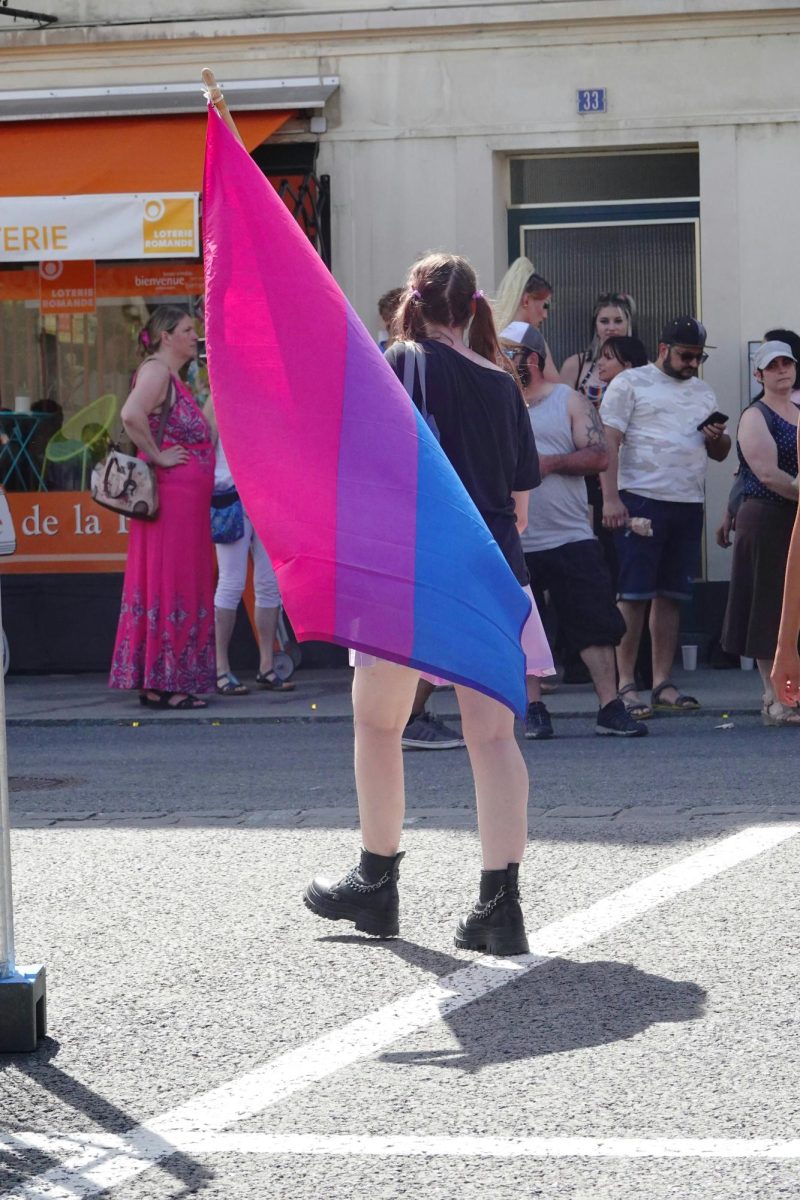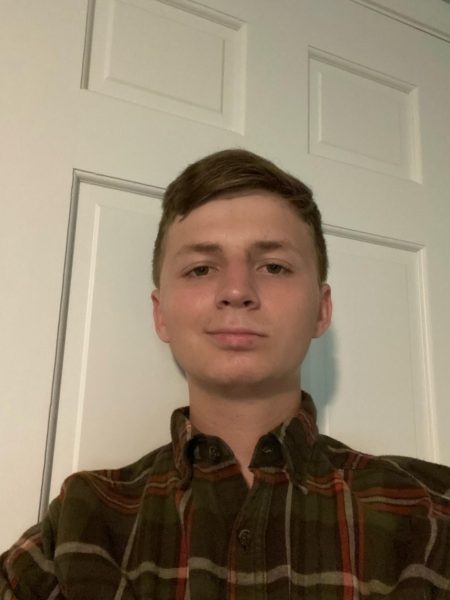Welcome back to Keim Time where I will, in front of my column’s entire audience, formally come out as bisexual. That sure is something, isn’t it?
Ever since the discovery of my own sexuality, I have spent much time mulling over the complexities and intricacies of my place in the queer community and the unique position of bisexual individuals compared to other people who identify as LGBTQIA+. In some ways, it’s easier to live in modern America as a bisexual person. In other ways, it’s harder. In most ways, however, it’s just plain different.
The primary issue I, among many other bi people, have felt in relation to my queerness is the recurring feeling that I don’t deserve to call myself queer. I finally found the right words to express this feeling a few months back when I stumbled upon an article by Laken Kincaid ’24 about biphobia in the LGBTQIA+ community. In summary, many people who identify as bisexual feel like they’re not “fully queer” if they are primarily attracted to people of the opposite sex, a feeling I wholly relate to.
Throughout my journey of self-discovery, I never questioned the fact that I was attracted to women; it was painfully obvious to me. All of my significant crushes, whether on celebrities or personal acquaintances, have been on women. I am attracted to men as well, but not to the same extent. As a result, there have been times when I’ve been called something along the lines of a “fake queer,” both by others and myself.
Beyond my own emotions, the nature of my sexuality affects my life as a whole in noticeable ways— or, more accurately, it’s noticeable how little it affects my life. I have never been excluded from a place of business because of the way I present myself or the person I choose to take with me. I have never asked out a man only to find out he’s straight. I have never been the subject of hate crimes or constant slurs. I know, poor me, right?
My position is tricky for me to figure out. By no means am I trying to pity myself for not having to face discrimination, I’m pointing it out to accentuate my lack of clear identity in relation to my sexuality. I find it hard to truly claim myself as a member of this community when I have not faced the struggles that I often feel are necessary in order to be part of it. Without the struggle, I feel like a poser, someone who gets to be a part of the community without putting in the work.
In a scene from one of my favorite shows of all time, “Community,” an acting professor tells his students, “The pain of not having enough pain is still pain… That may sound like an easy resolution, but we’re not writers. We’re actors.” Though I, to reiterate, am not trying to remotely compare my personal identity crises with the violent discrimination of other queer folks, I do have to acknowledge that my struggles are, in fact, valid. Not the struggle of facing insignificant amounts of oppression, but the challenge of not fully feeling like a part of a community that should be a safe space.
My worries are mostly irrational, but all issues of identity are valid, regardless of their source. The difficulties that bisexual people face— both internal and external— are real, valid and deserving of sympathy. While I can’t offer much wisdom, I can do my best to provide clarity. Yes, it’s tricky. Yes, there are positives and negatives to my situation. But that doesn’t mean the struggles I face are not real.
Until next time, good-bi.



